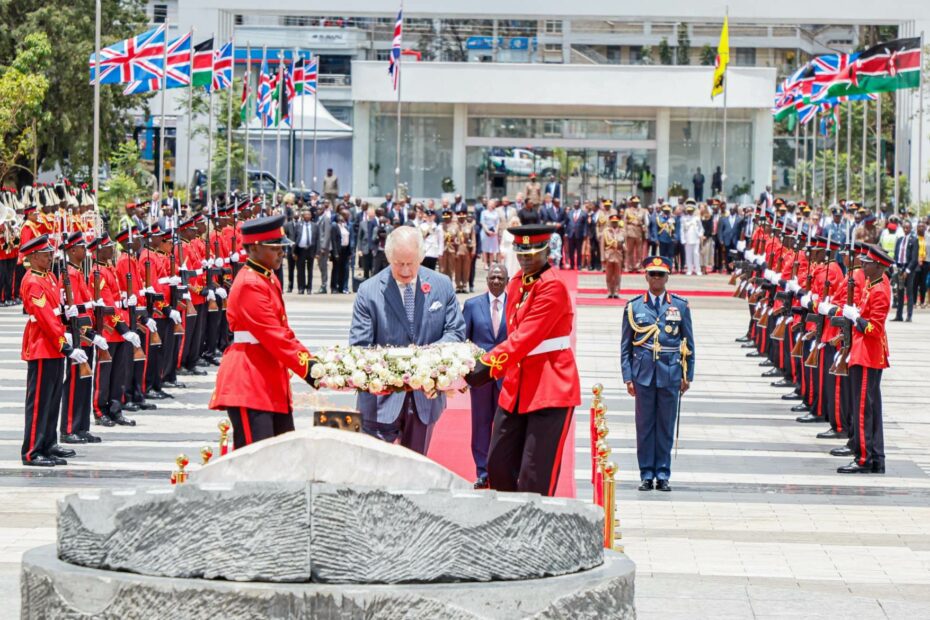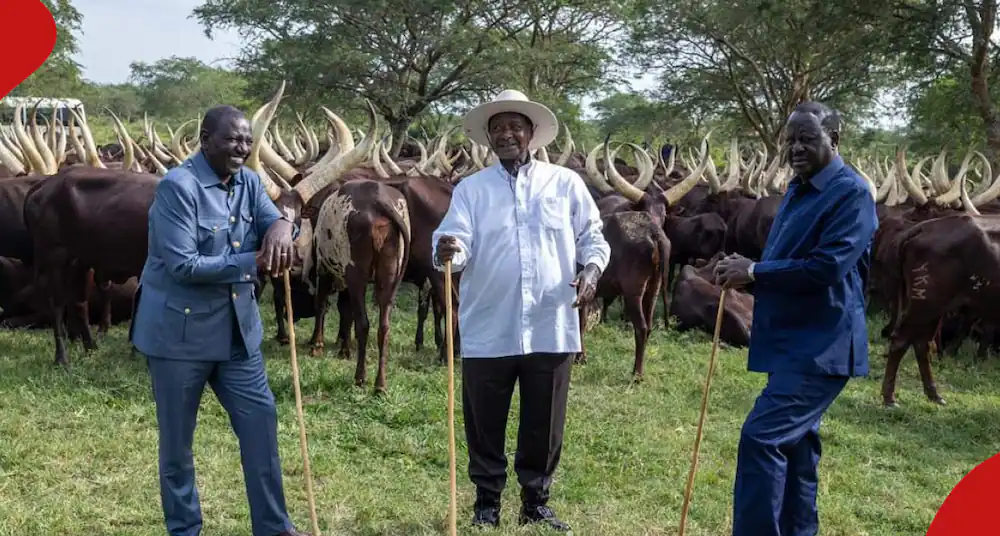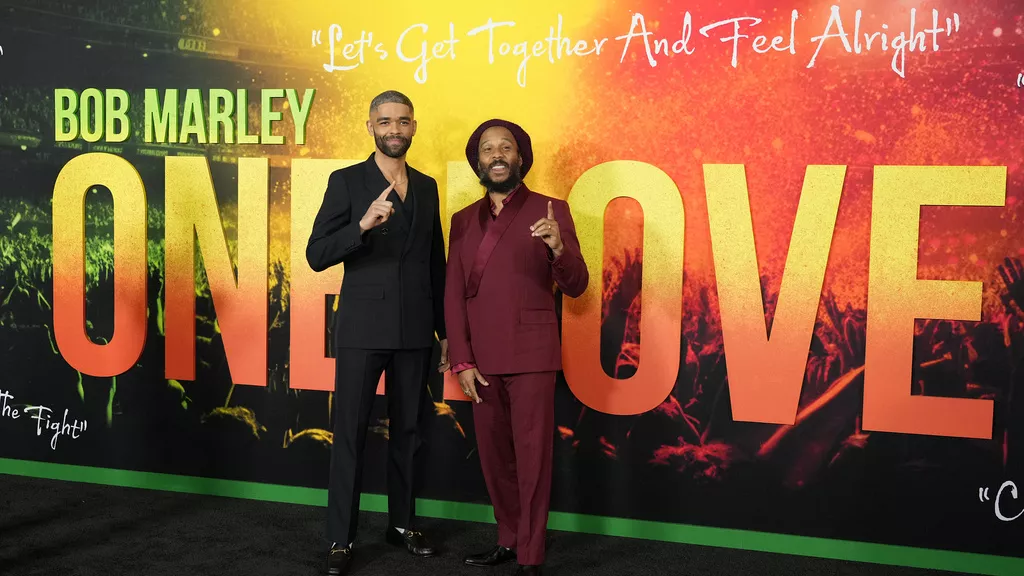King Charles is in Kenya for a four-day historic visit even as the dark shadows of the atrocities committed by the British colonial empire continue to hang around the visit. This is King Charles’s first state visit to Africa and some of the former British colonies. The four-day visit has been tipped as a turning point to finally find justice for the victims of the British occupation of the country in the past.
The visit comes amid increased calls from the African Nation for the British to apologize for its dark past that subjected Kenyans to colonial terror. Although only a handful of some of the victims who experienced the colonial suffering are still alive, many believe the visit by the King should address the unresolved wounds. Kenya is the first Commonwealth country in East Africa that the King is visiting in his capacity as a monarch.
What King Charles said about colonial atrocities
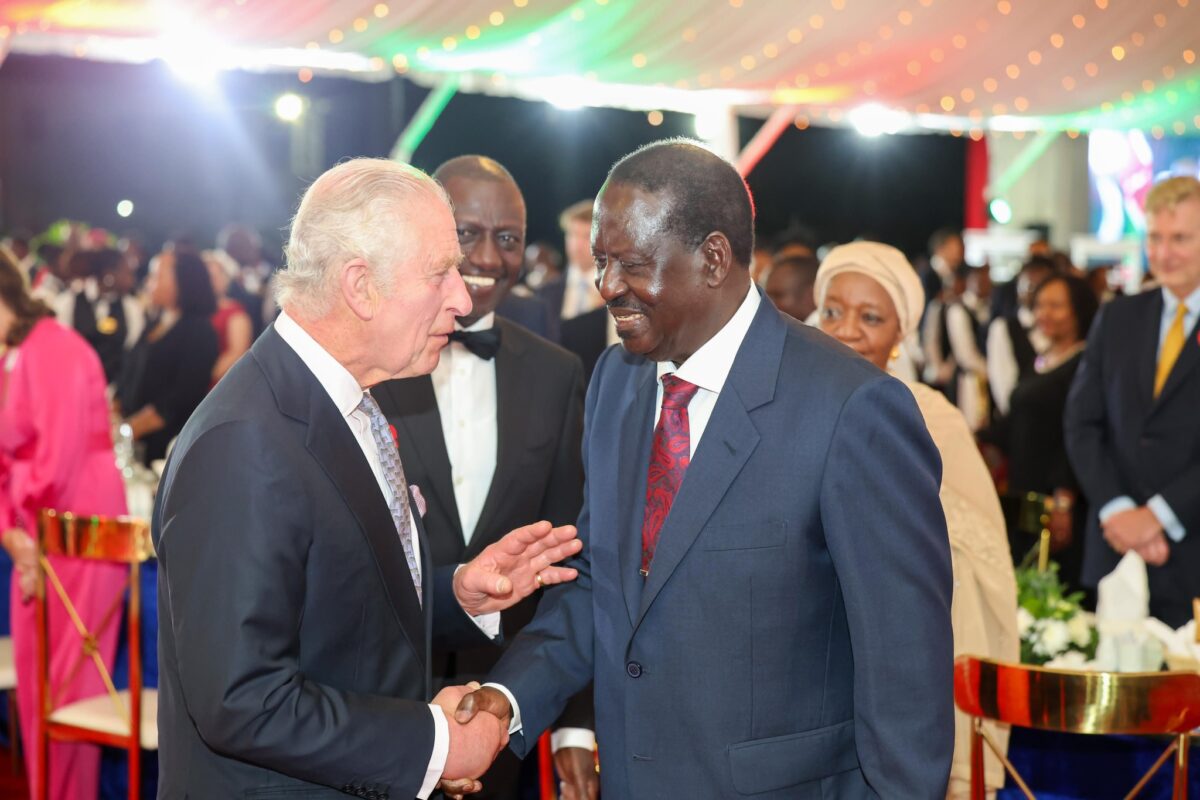
King Charles shares a moment with Kenya’s opposition leader Raila Odinga as President William Ruto looks on
When the King landed in Nairobi for his first state visit to Africa, many were waiting to see how he would address the problem of colonial brutality. The memories of the colonial period have not fizzled out from the memories of Kenyans and are documented in the country’s history. CNN reports that before King Charles’s first state visit to Africa, a section of Kenyans were optimistic the king would offer an official apology.
While addressing a state banquet convened by Kenyan President William Ruto, King Charles delved into the colonial atrocities. He described them as acts of violence. He acknowledged the suffering of Kenyans during the colonial period. “There were horrendous and unjustifiable acts of violence committed against Kenyans as they waged … a painful struggle for independence and sovereignty. And for that, there can be no excuse,” said King Charles.
The Monarch admitted that the British Empire committed atrocities in the East African country. Kenyans and other Africans who had been hoping for an apology during King Charles’s first state visit to the region will wait a little longer for an apology. In his speech, the Monarch did not apologize for the atrocities. On the flip side, he admits to colonial-era wrongdoings including torture and detentions.
What were the British atrocities in Mau Mau?
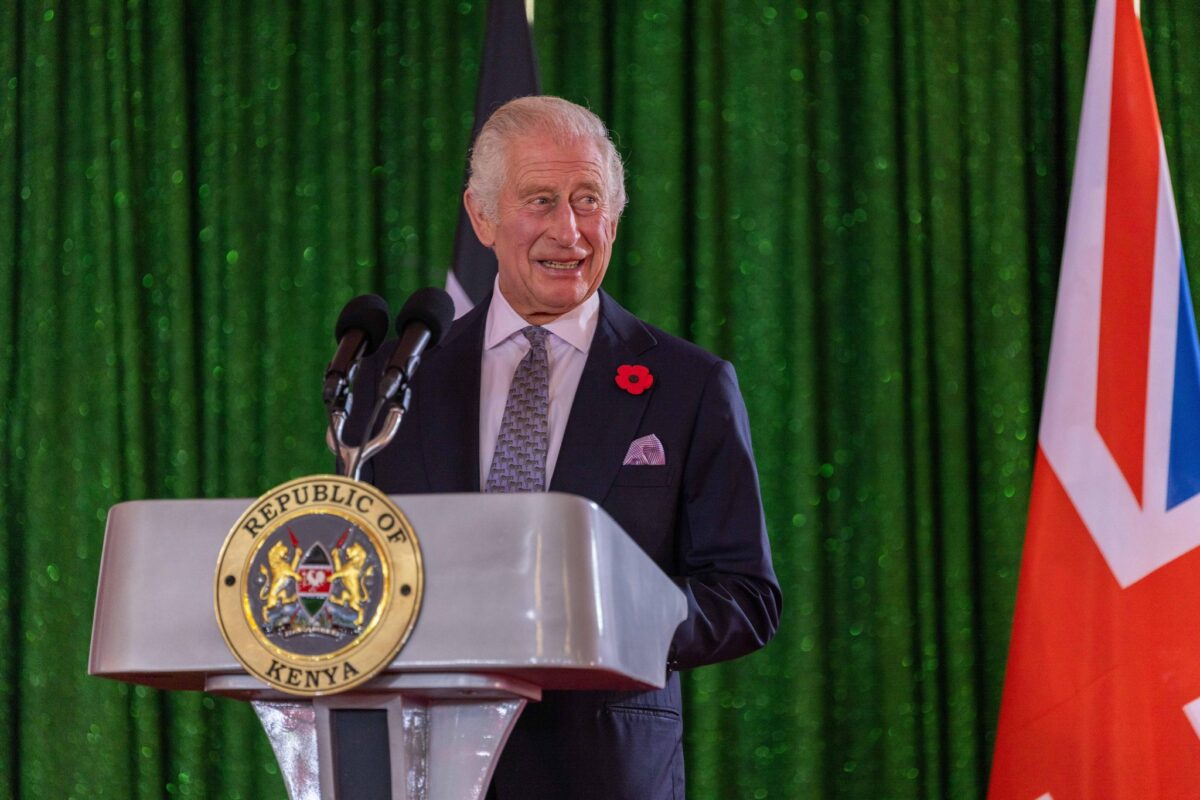
King Charles addresses colonial atrocities in Nairobi Kenya
The Mau Mau outfit was the group that fought for Kenyan independence and challenged the British colonial empire. The response of the colonial regime was at the core of the pain that the empire unleashed against its critics. The Mau Mau uprising led to the loss of lives of several Kenyans.
The period between 1951 and 1960 was one of the darkest periods in the history of the East African country. Kenyan Newspaper, The Standard reports that during the period, the British Empire killed thousands of elderly Kenyans. The mass murder was part of an effort to crack on the Mau Mau uprising. The rebellion was threatening to topple the colonial regime. READ ALSO: Kenya to scrap visas for all African nationals by year-end
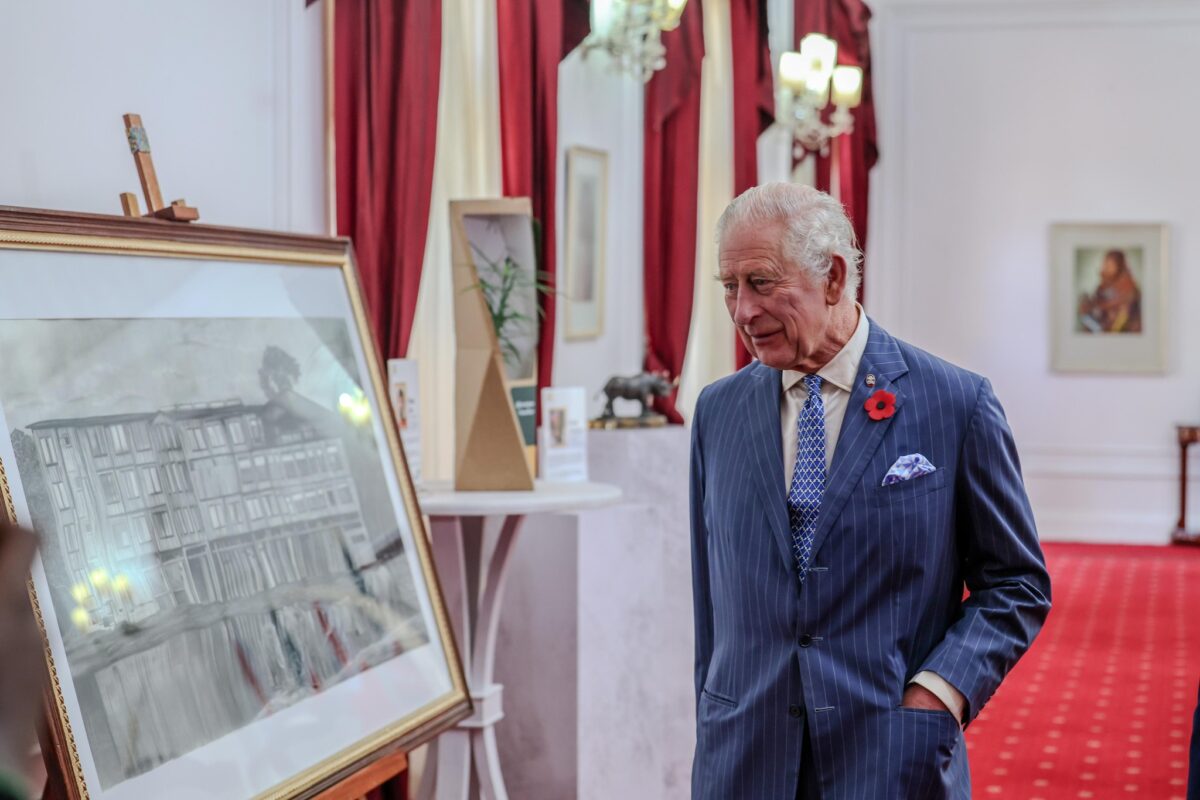
King Charles admires a historic photo during his Kenyan visit
During the period, the British also detained several Kenyans and suspected members of the Mau Mau revolution. Some of the British soldiers implicated in the atrocities were listed in a court document in the UK in 2011. The BBC reports that some of the ministers in the UK were also aware of the atrocities.

